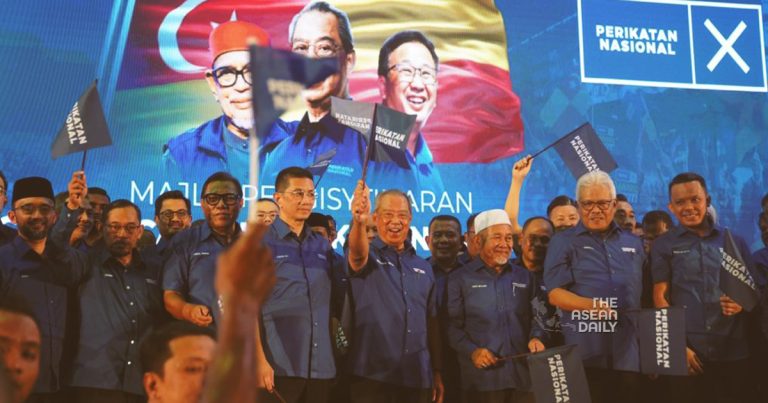29-7-2023 (KUALA LUMPUR) Around 9.7 million Malaysians will head to the polls on August 12 to elect 245 state assembly members across six states. How they may vote remains unclear, but the general consensus is that the status quo will likely hold.
Prime Minister Anwar Ibrahim’s Pakatan Harapan-led coalition is expected to retain Selangor, Negeri Sembilan and Penang. Meanwhile, Kedah, Kelantan and Terengganu assemblies will likely remain under the opposition Parti Islam Se-Malaysia (PAS).
Much attention has focused on the elections’ impact on Anwar’s federal rule. But the state-level stalemate poses no threat to Anwar’s strong parliamentary majority.
Still, prickly federal-state relations appear set to continue.
Ties have been hostile since Anwar took power eight months ago, with PAS accusing Putrajaya of withholding funding for economic development. Few expect this to change.
For decades, political power centralized in Putrajaya. Opposition states regularly lacked financial and policy support.
During Mahathir Mohamad’s first premiership, Kelantan and Terengganu were denied oil royalties from national oil firm Petronas. Kelantan fell to PAS in 1990, becoming a PAS stronghold. PAS won Terengganu in 1999, suffering similar treatment.
The 2018 election ousted the long-ruling Barisan Nasional coalition, ushering years of political uncertainty. Power shifted hands thrice before 2022.
Detaching state and national votes ignited debate. While giving states autonomy, Putrajaya’s vast resources overwhelm regional entities. Economic and political instability persist.
Opposition states’ economies lag. GDP per capita in PAS-led states significantly trails others.
With living costs key concerns, what roles do governments play?
PAS attacks Anwar’s failure to alleviate costs. Anwar responds aggressively, announcing economic pledges and funds for PAS states, arguing PAS fails to merge religion and economics.
Issues return to identity. The rhetoric over race and religion rings loudest in PAS states. Claims Anwar threatens Malays and Islam circulate.
Though toning down theocracy aims, PAS seeks expanded religious influence. Its 49 parliamentary seats in 2022, making it the largest party, show this brand of politics garnered support beyond its traditional rural base.
PAS and Bersatu aim to prove their strong performance was no fluke. Anwar’s coalition won no seats in Kelantan and Terengganu, and only one in Kedah.
Anwar claims confidence PAS will lose Terengganu and Kedah, saying Malay voters will support his economic agenda.
Even with parliamentary seats safe, the state elections offer Anwar a chance to gauge public opinion and appetite for his reforms.




